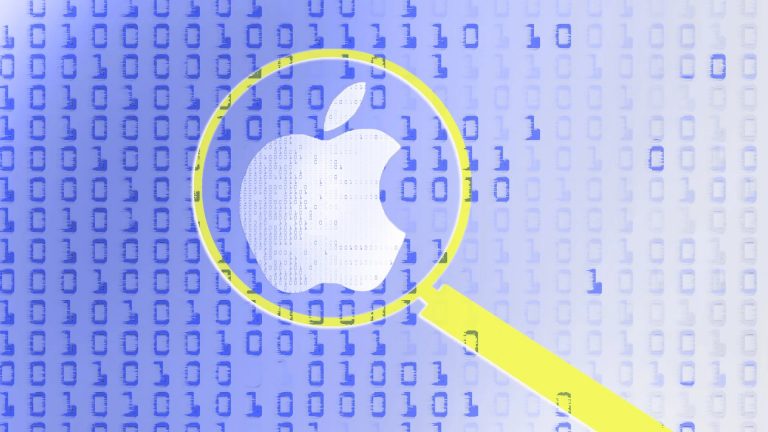
Apple is reportedly exploring ways to reshape its Safari browser to prioritize AI-powered search engines, a decision that could disrupt Google’s dominance over one of the most lucrative corners of the internet economy.
While no final announcements have been made, the mere suggestion that Apple is actively eyeing this change has already sent tremors through the market.
According to Bloomberg, Apple’s services chief Eddy Cue testified in federal court this week, revealing that the company is preparing to welcome AI search tools like OpenAI and Perplexity into the Safari ecosystem. Though they may not become the default overnight, Cue hinted it’s only a matter of time before these tools are added as user-selectable options.
Register for Tekedia Mini-MBA edition 19 (Feb 9 – May 2, 2026).
Register for Tekedia AI in Business Masterclass.
Join Tekedia Capital Syndicate and co-invest in great global startups.
Register for Tekedia AI Lab.
The courtroom moment wasn’t just about Apple’s future search plans; it also brought into sharp relief the weakening grip of Google’s long-standing search empire. For years, the tech giant has paid Apple tens of billions of dollars to remain the default search engine on Safari, a deal that secures Google’s place in front of hundreds of millions of iPhone users worldwide. Google pays the iPhone maker billions of dollars per year, as much as $20 billion per year back in 2022, according to testimony in the trial, to be the default search engine on iPhones.
But now, cracks are appearing in that arrangement.
Cue admitted that Safari search traffic declined in April for the first time, a landmark shift he blamed on users increasingly favoring AI tools over traditional search engines. That decline, even if modest, points to a change in user behavior that could threaten Google’s dominance from within one of its most lucrative channels.
Alphabet shares plunged more than 7% on the news, while Apple’s stock dipped about 2%. The market reaction wasn’t just to the decline in traffic or Cue’s comments; it was about what this could mean in the long run. If Safari, which commands a significant portion of mobile browsing, begins to shift its search ecosystem toward AI, Google could face serious consequences, not just in terms of traffic but in advertising revenue and user data.
Tech investors are already jittery. “The loss of exclusivity at Apple should have very severe consequences for Google even if there are no further measures,” said D.A. Davidson analyst Gil Luria. “Many advertisers have all of their search advertising with Google because it is practically a monopoly with almost 90% share. If there were other viable alternatives for search, many advertisers could move much of their ad budgets away from Google to these other venues.”
For now, Cue has maintained that Google remains the preferred default, at least until a better option emerges. But even his own statements betray a growing sense of inevitability.
“We will add them to the list — they probably won’t be the default,” Bloomberg quoted Cue as saying, referring to AI-based search engines like OpenAI’s ChatGPT and Perplexity.
Ironically, Apple’s own hesitation could be the most telling sign of how serious the threat to Google really is. Cue reportedly acknowledged that he’s lost sleep over the prospect of walking away from the revenue-sharing deal with Google. But Apple’s deal with OpenAI to integrate ChatGPT into Siri, and its ongoing talks to potentially add Google’s Gemini AI as well, suggest that the company is positioning itself to play all sides in the coming AI search war.
Google, meanwhile, is trying to stem the tide. Last month, it reassured investors that its AI investments are beginning to deliver results, pointing to stronger-than-expected first-quarter earnings. But that may not be enough. As the Justice Department’s antitrust trial against Alphabet intensifies, the scrutiny surrounding Google’s search monopoly is deepening, and Apple’s evolving stance could become the turning point in the case.
In many ways, Apple’s Safari rethink is more than just a user experience redesign. It’s a carefully timed maneuver — one that hints at a broader strategic pivot. By opening the door to new AI search engines, Apple is not just testing the waters; it’s signaling to the industry that the age of Google’s dominance may be approaching a historic inflection point.
And it’s doing so at a time when AI, not conventional search, is rapidly becoming the first stop for users seeking answers.



